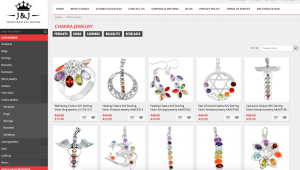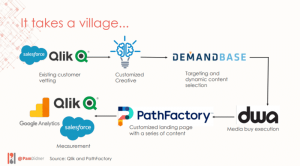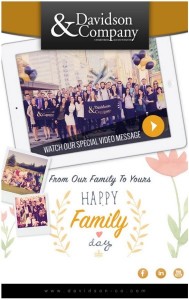— March 15, 2019

Avoid these questions on your online job app that are too personal and risky or risk losing the best candidates out there to another company.
I’m finicky, I’ll admit it. My coffee has to have just the precise creamer to sweetener ratio or I won’t drink it. My content has to have an engaging title and photo, or I won’t post it. And if I came upon one of these three requests on a job application, I would jump ship faster than Amazon could say “hasta la vista, baby” to Long Island City – regardless of how much of a great fit I thought it may have been. And so do your top candidates.
Before I go any further, I’ll state that I do understand why these requests are made. Some are corporate policy, some for legal reasons, but mostly these requests are made to aid the HR department in placing qualified candidates at this or another position. So I’m not balking at companies that make these requests, but simply at the timing of when they do so.
Now there are questions that I may not want to answer but do so reluctantly on online applications. Like the year I graduated college, that companies ask, you know, for *ahem* verification purposes. It’s just a legal (read: sneaky) way to find out approximate age. Another one I dread is “Tell us what makes you unique in 150 characters. Be sure to make it stand out!” Makes me feel like I’m angling for a rose on The Bachelorette. But OK, I’ll play along.

Which brings me to the first jump-ship offender: refilling the online app with all the information that appears so nicely on the resume. Not a huge problem if you’re say, 25. A much different story when you’ve hit the executive level. It’s a request that doesn’t show much respect for the prospect’s time as chances are, yours is not the only position they’re applying to today. If it’s important for your company to have all of this information in its database, then use one of the many resume parsing software utilities out there. Kudos to those companies that do, as it sends the message that it is more interested in me and my ability to do the job than building a personnel database. Or better yet, post the position on LinkedIn. It sends a profile, prompts the user to attach a formatted resume, and even remembers resume versions you’ve sent previously. (You’re welcome for the shout out, LinkedIn.)
The second offender is a request for social security numbers which frankly, is down right irresponsible. Even my bank is wary about asking to transmit this information over a non-secured network. Need it for a background check? I’ll be happy to provide that personal info, salary history, name of the girl I took to the senior prom, and whatever else your company needs if my application status has gone from the new to the maybe pile.
I’ll be happy to provide that personal info, salary history, name of the girl I took to the senior prom, and whatever else your company deems im if my application status has gone from the new to the maybe pile.
The last offender is a request for a list of references. Really? Before you ever look at my resume, set up an introductory call, see if my salary reqs are in the ball park, you want me to provide a list of ex-supervisors and peers for your database? That’s a hard nope. I don’t even know if I want the job and you’re bothering – er, I mean – contacting people from my past who don’t even know I’m in the job market.
A job description might mirror a candidate’s experience, but what it’s what you don’t see as a candidate that may present the problem. Having optimism that “this company will be different” can go a long way, as long as you realize you may often be spinning your wheels in the application process. Many companies – in broadcast media, non-profit, education, for example – won’t state “don’t apply if you haven’t worked in our industry,” but really should. Often it’s the most important criteria to them: “Looks like she’s a serial ax murderer wanted in 15 States – ooh, but she worked for Fox and HBO!”
Now hold on there, my HR compadres, this is not a crack on you. I feel your pain every time I’m asked to place an ad for a position I’m filling. Inevitably, rather than yes, no, and maybe piles, I have just two piles: maybe and did-this-person-even-read-the-ad? piles. So I’m always amazed how you’re able to make sense of all that industry-specific jargon the hiring manager stuffs into the JD and match it up flawlessly with qualified candidates. I know this is beyond your scope of control. But if you can convince corporate that improving the online process will attract more of the best people, they may listen.
Business & Finance Articles on Business 2 Community
(74)
Report Post




